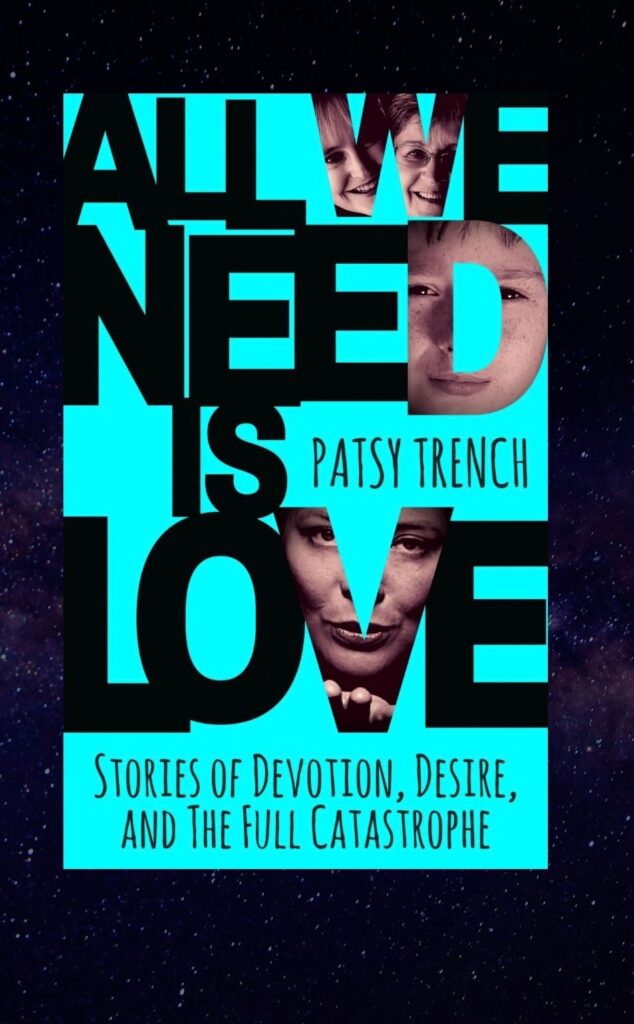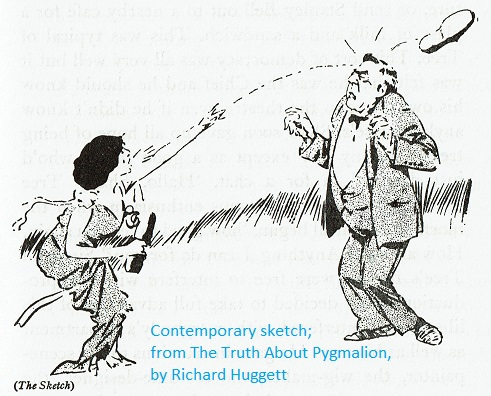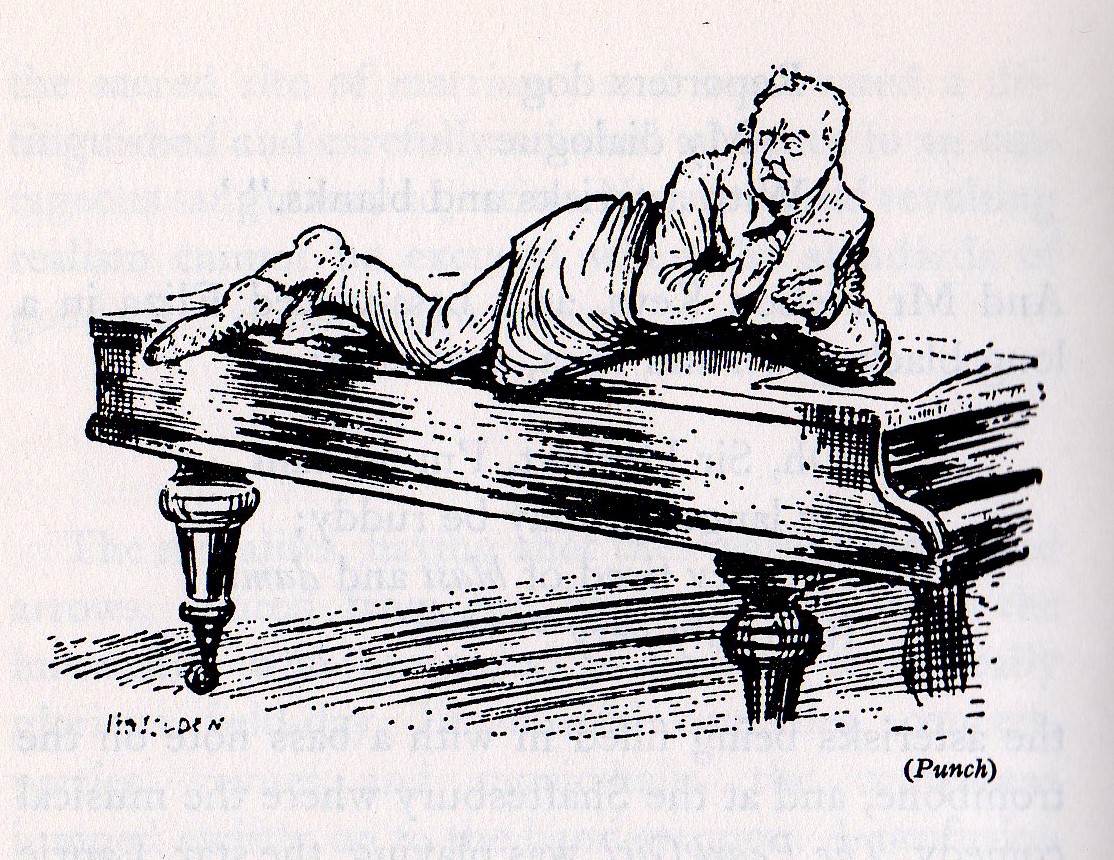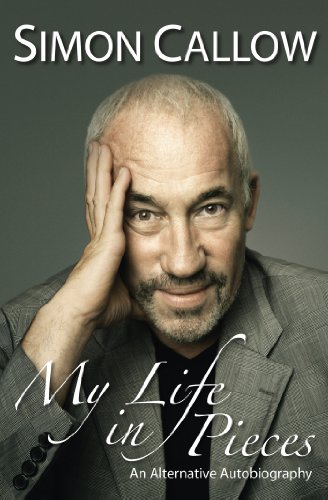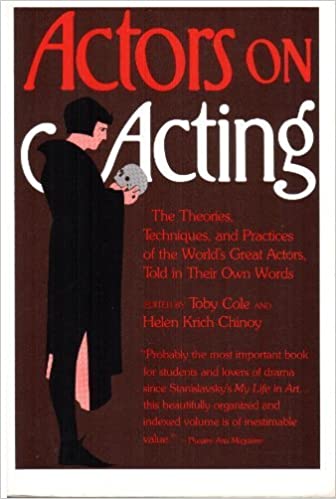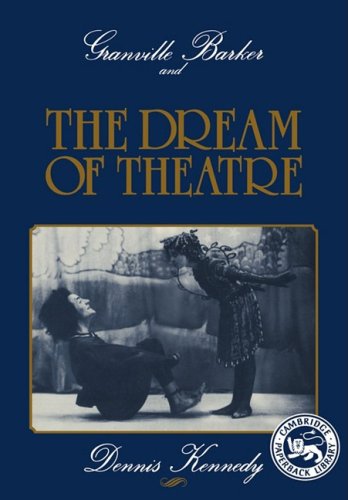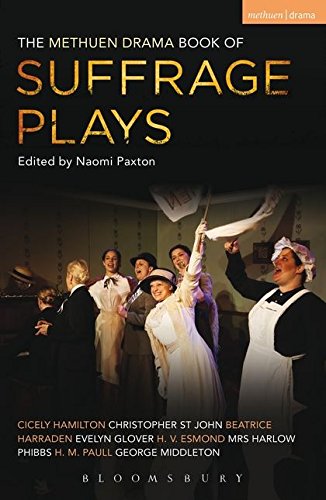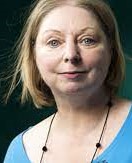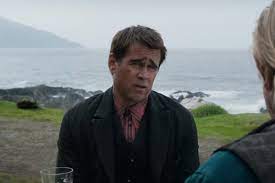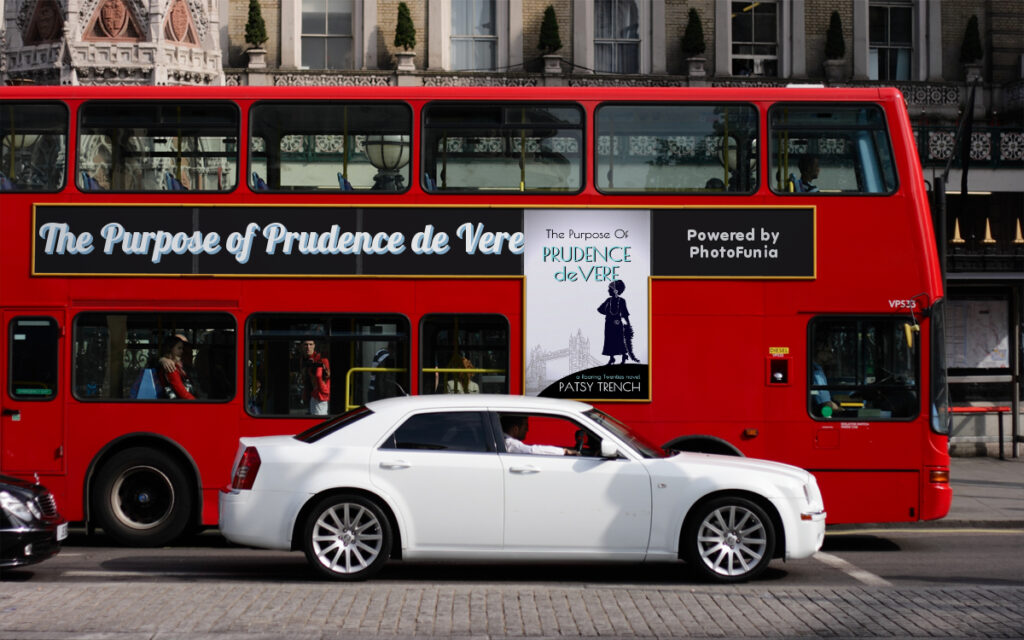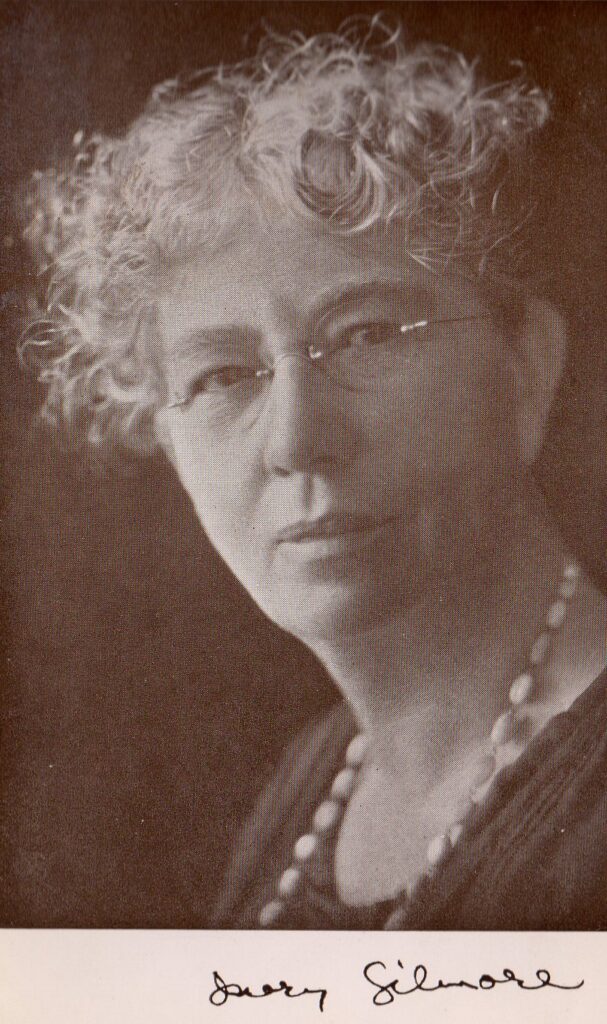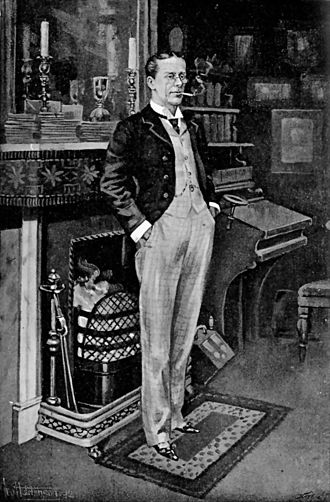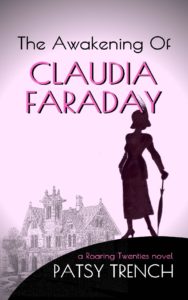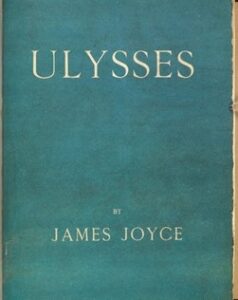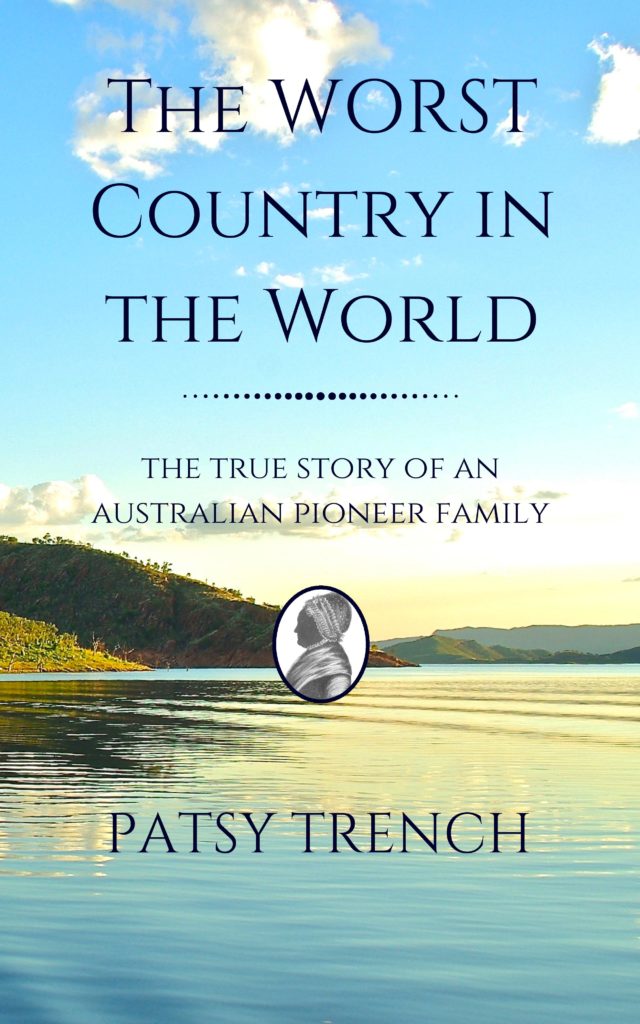So much has changed since I first published this book in 2016, both in Australia and the UK. Australia has experienced horrendous bushfires followed by disastrous floods. They’ve also had a change of government, from Liberal under the right-wing, rambunctious Scott Morrison (ScoMo) to Labor under the quieter, more thoughtful Anthony Albanese (Albo). Here in the UK meanwhile we’ve gone through Conservative Prime Ministers like hot cakes, ending up with Rishi Sunak, who at the time of writing has at least outlasted a lettuce but is still having to cope with Brexit, the cost of living crisis and not least a fractured government.
So I’ve brought out a slightly amended version of the original book and for good measure I’ve added a few sketches, drawn by my talented friend Anna de Polnay, whose wonderful silhouettes adorn the covers of my novels. Here’s a selection from the chapter called Sydney’s Beach Wars:
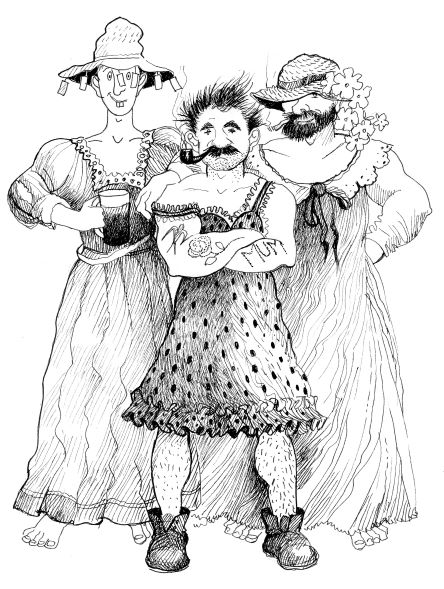
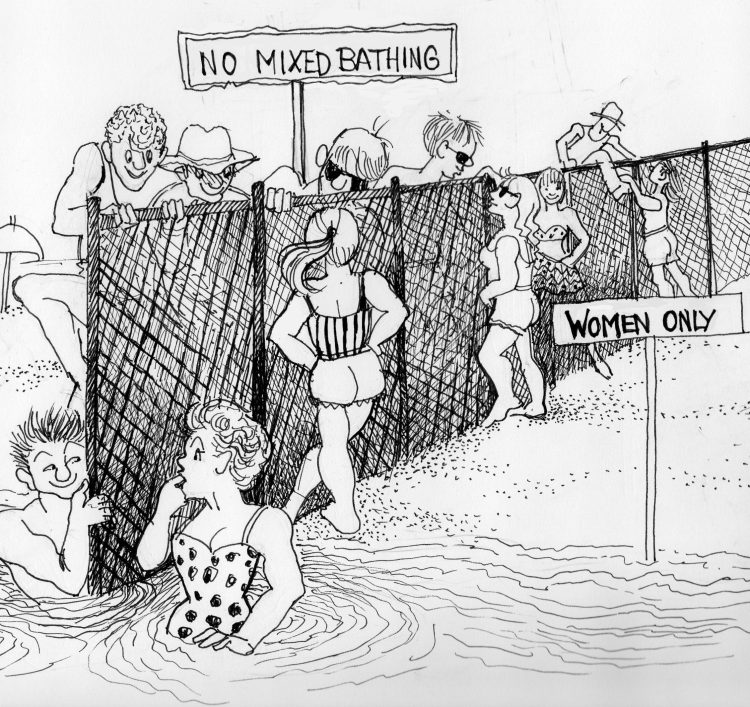
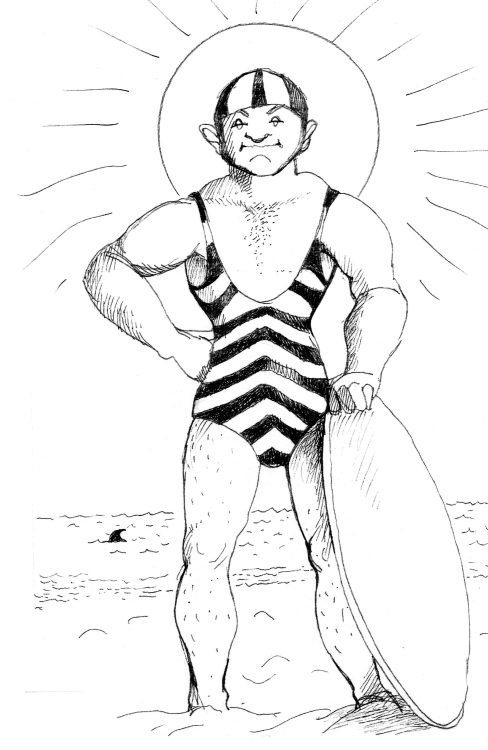
By the way the e-version of this book is still FREE on all platforms.

